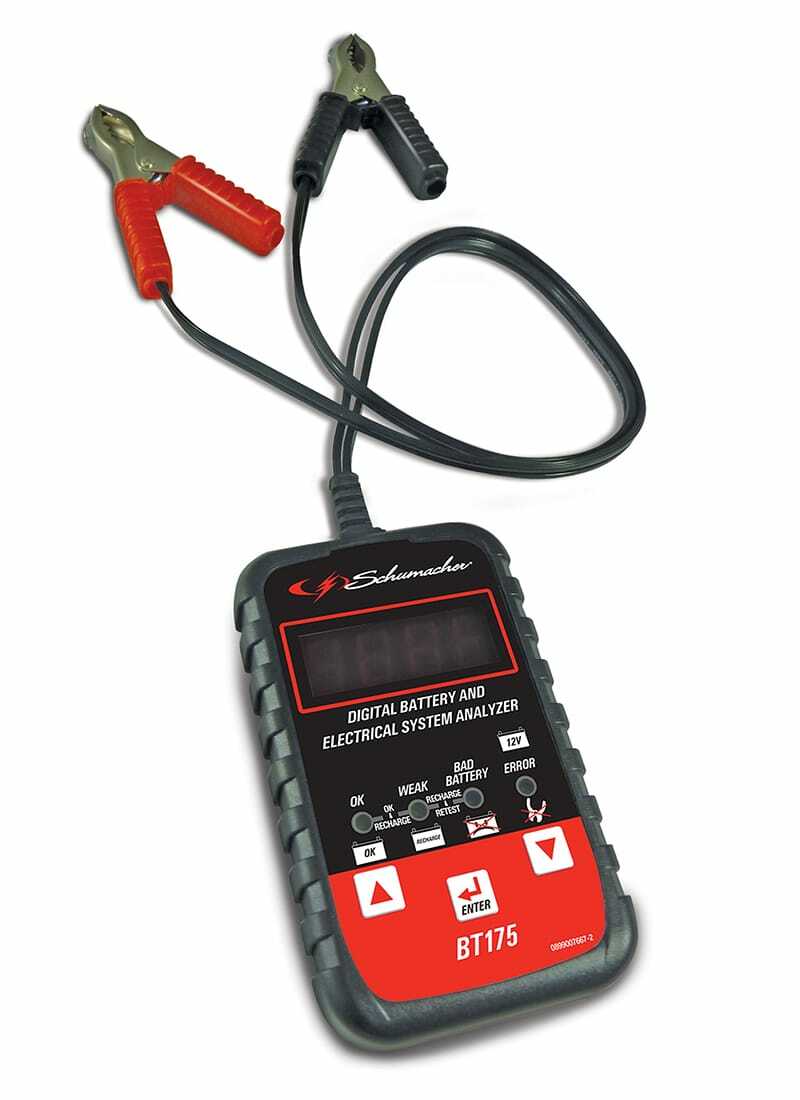Just that. You can either run a resistive or electronic test to determine the capacity and internal resistance of the battery. However, if the 12V DC-DC is charging or active you won't get a good result.I try to understand what you mean by "load test the battery" ?
The most common type now seems to be the electronic version which runs some kind of magic PWM or something and will calculate remaining life based on what it reads and the internal resistance.

Digital 12V Battery Tester - Schumacher Electric
Looking for a Digital 12V Battery Tester? Visit Schumacher Electric for portable jump starters, battery starters, EV chargers, and more.
Old school runs a big resistor.

100 Amp, 6/12V Battery Load Tester
Amazing deals on this 100 Amp 6/12V Battery Load Tester at Harbor Freight. Quality tools & low prices.


